[Editor’s note: The following is an open letter from the Hopkinton Teachers Association to the Hopkinton School Committee.]
At the December 15th School Committee meeting, you heard from Superintendent Carol Cavanaugh as she cited concerns in an attempt to justify three additional administrative director-level positions.
This letter is a response to that presentation. As an eighth-grade English teacher, I can speak with firsthand knowledge of the needs at the middle school and how they were misrepresented in Dr. Cavanaugh’s presentation. While these specific points address concerns at Hopkinton Middle School, the points made apply to all learners in all of our schools.
During her presentation, Carol made many comments about the achievement of our special education students and speculated as to why Hopkinton students are not on par with their peers in similar districts. Much of her speculation was surrounding the co-taught classrooms. In her words, Carol said that “if we are putting a lot of personnel into making sure our students get a good education, why is it our scores aren’t commensurate with what I think we are putting in.” She referred to one example, an eighth-grader who had received two co-taught classes and a reading lab in seventh grade and yet only scored a 20 SGP.
She went on to cite feedback from Athena K-12, which did an “audit” of the HMS English Language Arts Department. During this three-week study, Athena auditors met with each English teacher and observed each teacher’s class twice, for a total of 40 minutes each. From those observations, they cited that co-teaching partners “remained passive” or interacted with only “2-3 students.” Based on these observations, these consultants made a recommendation for formal co-teaching training and for more oversight of the co-teaching program.
Hopkinton teachers and staff are always open to more professional development and opportunities to hone our skills as educators. Please know that we, the educators of HMS, are also very concerned at the progress our special education students are making, or not making. But we know why. We don’t need to wonder or speculate. We can tell you in very clear terms what is happening in our classrooms and why we and students are struggling. It is not due to a lack of training or oversight that optimal co-teaching models have suffered during our post-pandemic years. Three very clear factors have impacted the structure of this model: the workload of the learning specialists and a lack of time for co-teaching planning and the increase in the needs ALL students, both general and special education, have in this post-pandemic world.
Learning specialist workload
On most days, learning specialists at the middle school teach six out of the seven daily periods. Academic teachers teach five periods a day allowing for prep and PLC (planning time with grade and subject level partners) OR have team meeting time OR have duties. When a learning specialist teaches six out of seven periods, they cannot attend team meetings which is invaluable for formal and informal consult time with students’ academic teachers. It is when they can check in on student progress, brainstorm solutions and work as a true “team member” with their students’ teachers. When a learning specialist has only one team meeting in a six-day rotation, it is consistently taken up with IEP meetings. For example, in this school year, the Green Team has had 33 team meetings. Our learning specialist has attended 11. Seven of those 11 meetings were taken by IEP meetings, leaving her with only four 40-minute periods over four months to consult with academic teachers. This is not acceptable and certainly does not support her or the students she is serving.
Learning specialists do NOT have any “PLC” time in their schedule, which means they aren’t given time to collaborate with other learning specialists on best practices and teaching materials or just get support with their challenging work. This is also the time where they would meet with their co-teaching partners to look at data on student progress, plan lessons, create stations, come up with learning groups or accommodations or any of the other important work that is essential to optimizing co-teaching in the classroom. As an eighth-grade English teacher, with two classes that are supported by a learning specialist, I can attest to the fact that our “planning” time consists of minutes grabbed here and there in the hallway or as the learning specialist comes into the room before class gets started. I’d be more than willing to use my prep time to work with her, but she is often teaching during my prep time, and, truthfully, she is so busy with testing, evaluating and planning for her three pull-out classes that she does not have time to meet with me. It’s about survival and prioritizing, and in this situation, co-teaching planning falls to the bottom of that list. It’s not ideal, but it is the reality of the situation.
Increase and change in student needs
I don’t need to get into data about the academic and emotional impacts of the pandemic on our students. This has been well documented by experts everywhere and it’s not just “hype,” it’s real. Our kids are not the same as they were pre-2020 and it will likely take many years before they are “caught up” to their pre-pandemic peers. Both special education and general education students are struggling with attention, executive functioning, resilience, confidence, depression and anxiety. This is on top of the “learning gaps” in curricula content. Being able to pay attention during class is harder than it was before. Keeping materials organized is harder than it was before. Having stamina for learning new material, and not giving up when it’s challenging is harder than it was before. For some students, just keeping their head off the desk is a win. For some students, staying in the classroom for a full class period is a win. For some students, being in school at all is a win. Our kids are going to get there, but we’ve got a ways to go.
I can only speak for what the Athena K-12 auditors would have seen in my classroom during their brief visits last year, but I imagine it is incredibly similar to what they would see in other rooms. During a lesson, my learning specialist bounced back and forth between three students trying to keep them awake, trying to get them to put their phone away, trying to keep them from playing video games on their Chromebooks, trying to help them find a pencil or a sheet from their binder, trying to help them function as eighth-grade students who, at the very least, will not disrupt the learning environment of their classmates. In fact, the Athena auditor said to me that one of our students was in need of 1:1 to support and asked why they didn’t have it. They also saw me trying to work with the other four or five special education students in the class who needed help along with the 18 additional students who may need or want a check-in or positive feedback (no evidence of a 14:1 student to teacher ratio anywhere in this school). If this is what they saw my learning specialist doing, they would have seen him doing everything he could to keep that class running and to engage these students as best as he could. Every one of these special education students were reading well below grade level, which I’m sure contributed to the behavioral challenges.
In regards to the “three-year study” by Scimone Consultants, I have to wonder how valid a study was that was started in 2019 and ended in 2022. I’m sure everyone on the School Committee remembers that the 2019-20 school year went remote in March, the 2020-21 school year would not have allowed for visitors in buildings and kids were in school every other day, and the 2021-22 school year was perhaps the most challenging in history. I can’t imagine that anything they witnessed was typical or that drawing conclusions on much would be useful.
In closing, I will refer again to Carol’s School Committee remarks. In defense of her request for three special education directors, she stated that she “wants support for co-taught classrooms” and that “on her watch” students have to perform better. She has stated many times that “we don’t know why the kids aren’t performing well. But we need these directors to get in there and figure out why.” We want support for our co-taught classrooms, too. We want our students to do their very best because we know how important it is that they grow and succeed. The difference is that we, the teachers of this district, already know the “why.” The problem is that administration is not asking and certainly is not listening. We have shared all of this and more with both Carol Cavanaugh and Karen Zaleski but it is being ignored. I am imploring you, School Committee members, to listen when a teacher tells you what their students need.
— Becky Abate
President, Hopkinton Teachers Association


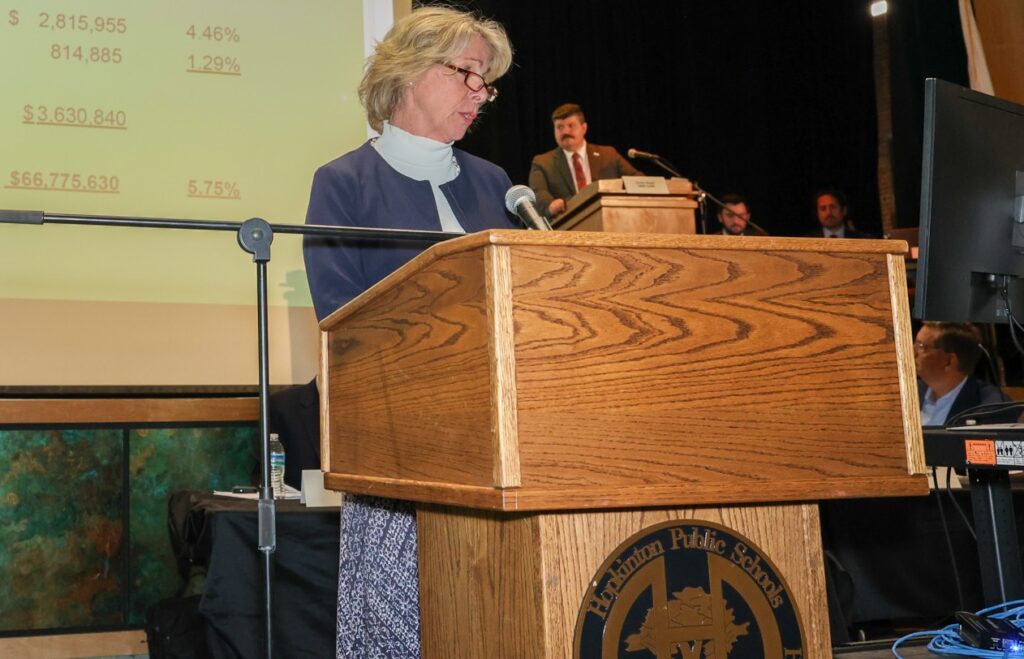
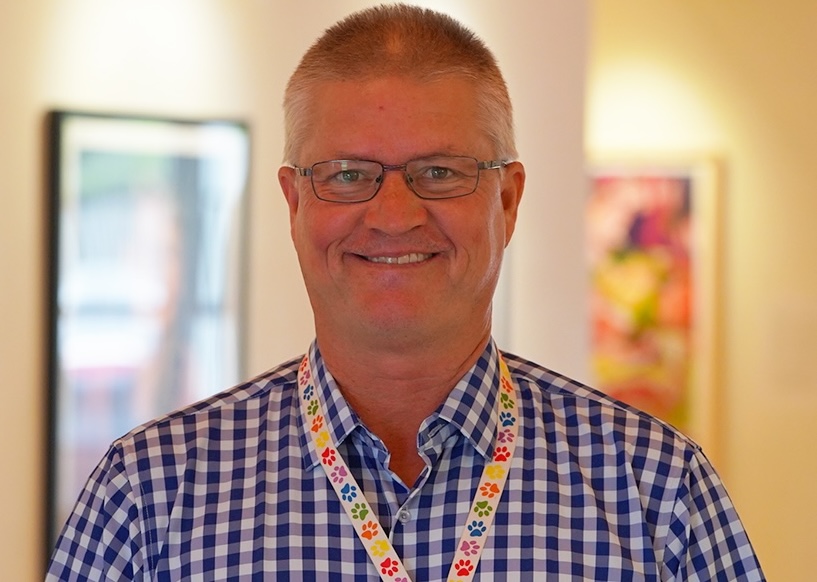
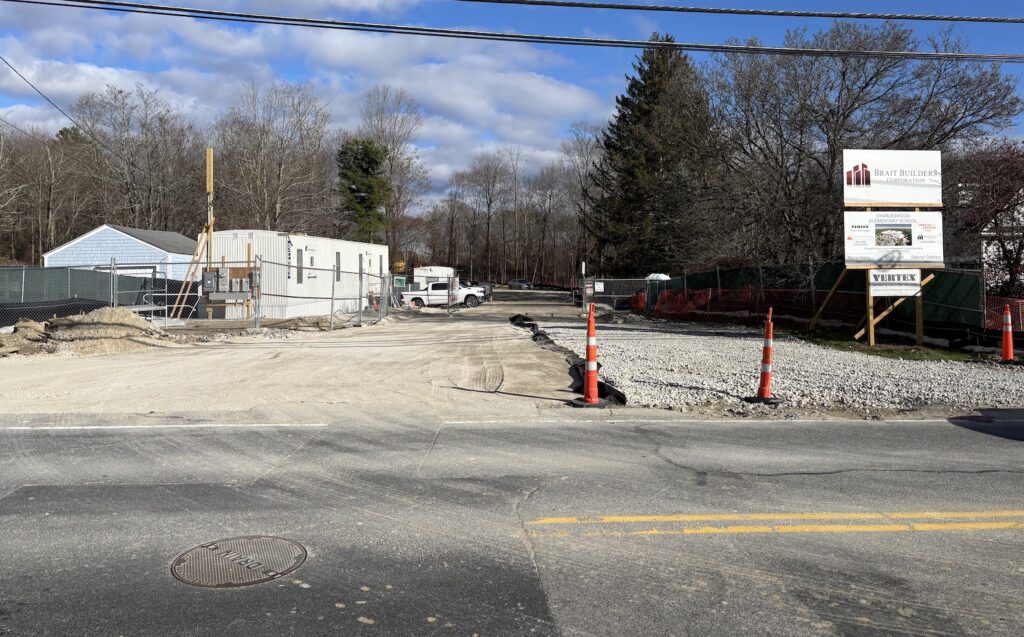
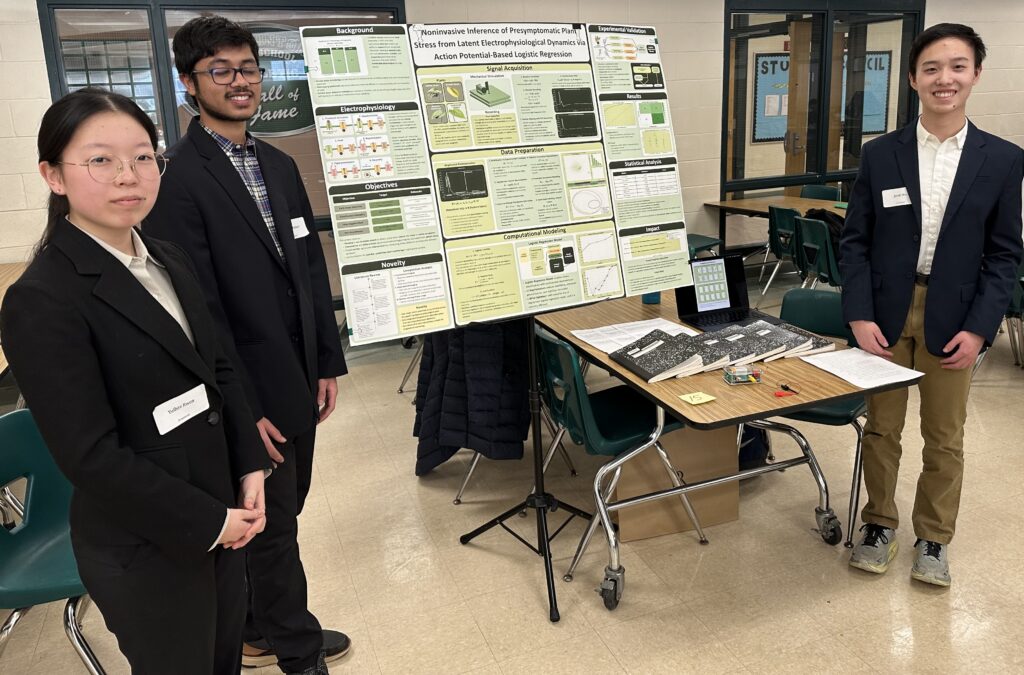
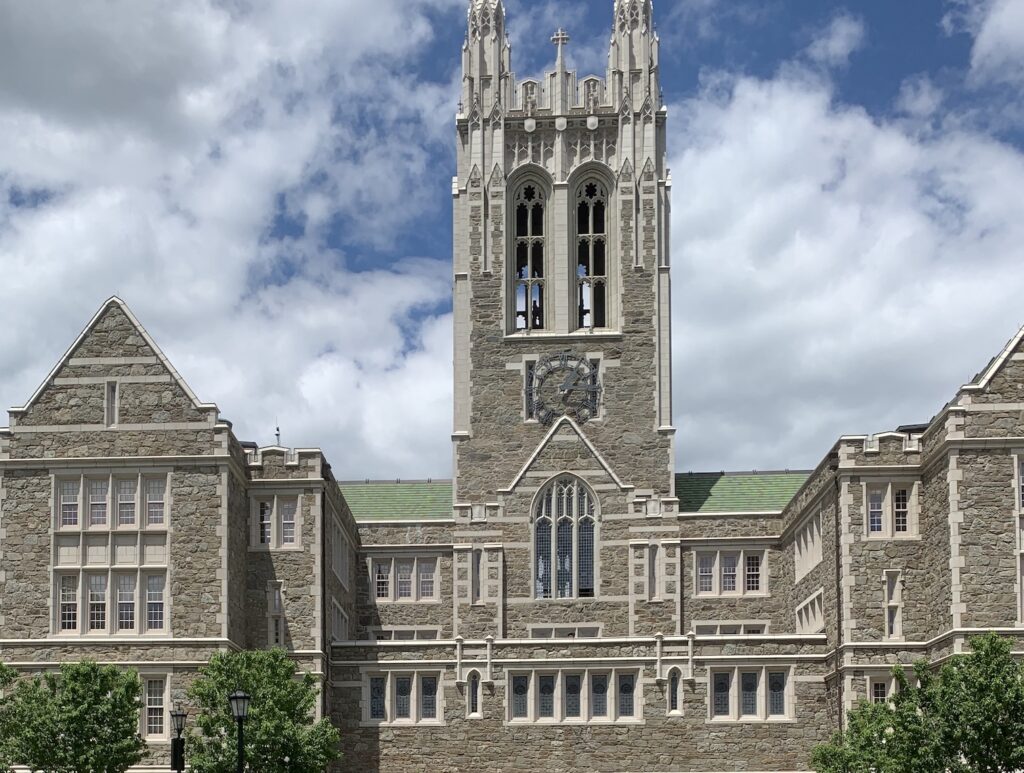














0 Comments